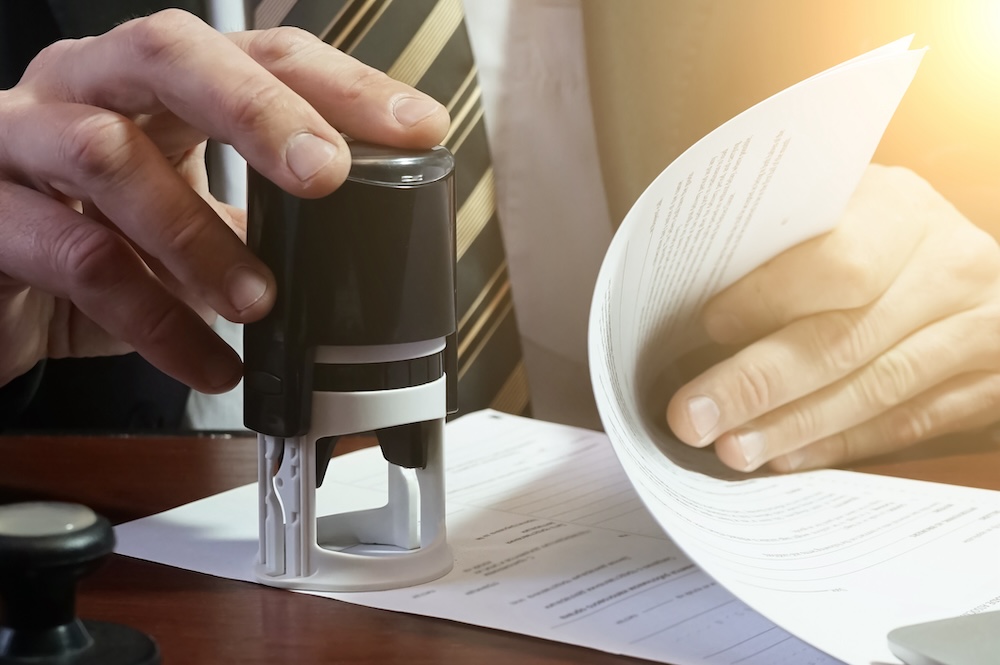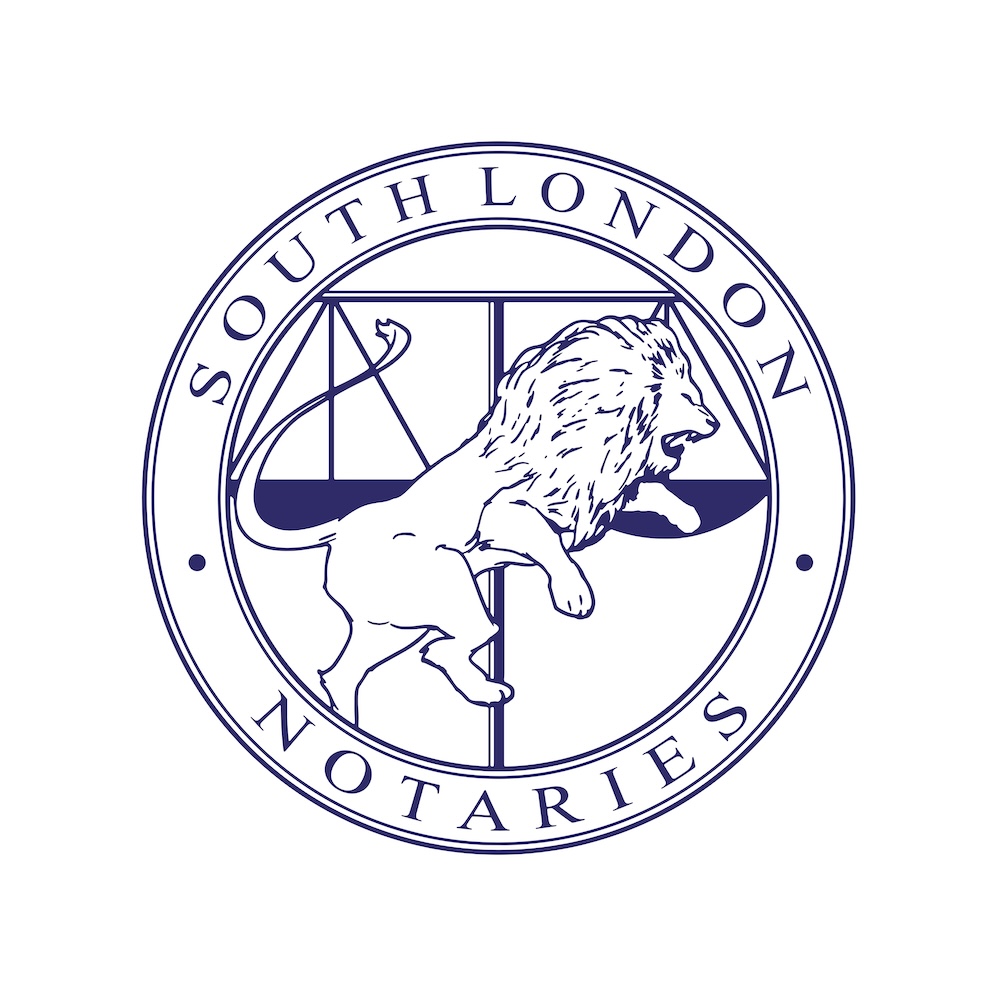
What is the difference between a solicitor and a notary public?
In short, a solicitor provides general legal services and represents their client’s interests, while a notary public specialises in certifying documents for use abroad with a focus on legality and authenticity.
Solicitors are generally the broadest representatives of the legal profession. A solicitor will offer a wide variety of services to their clients, ranging from criminal law to conveyancing, typically within the legal framework of their country of residence.
A notary, on the other hand, focuses on one specialised area of the legal profession, which amounts to the certification, preparation and legalisation of documents in order for them to be used effectively in another country. Documents prepared by a notary public may be of a personal nature (passports, wills, degree or diploma-related documentation) or of a corporate nature (deeds, certificates of incorporation).
One of the key differences between a notary and a solicitor is that solicitors have a primary duty to their client; that is to say, a solicitor will act in the best interests of his or her client. In comparison, a professional offering notary services has a primary duty to ensure that the authenticity and transaction of documents is legal. Notaries are recognised all around the world, which means they have to maintain complete professionalism, impartiality and integrity in order to keep up the high standing of the notarial profession.
Who is responsible for appointing a notary public?
Historically, notaries were appointed by the Pope, and a notary public in London was required to hold a qualification as a “scrivener notary” to practise within three miles of the capital. Since the Access to Justice Act 1999, this has no longer been a requirement, although scrivener notaries do continue to play a large role in providing notary services throughout London.
Today, the Archbishop of Canterbury appoints notaries who are presided over by the Faculty Office Master of Faculties, who is an approved regulator in accordance with the Legal Services Act 2007. Notaries differ from solicitors in this regard, as solicitors are regulated by the Law Society – although both are in turn regulated by the Legal Services Board.
In addition to having the prerequisite expertise in legal areas such as wills, probate, business and conveyancing, Notaries are further trained in standard notarial practice, public international law and Roman law. Because these areas are so highly specialised, it means that there are a limited number of notaries across England and Wales. At present, there are currently 800 (approximately).
The complexities of being a notary public, combined with the extensive training each one must undertake, makes this a highly specialised profession. Contact South London Notaries to find out more.
Why Choose a Notary Over a Solicitor?
When dealing with international documentation, the expertise of a notary public often surpasses that of a solicitor due to their specialised training in cross-border legal requirements.
Notaries authenticate documents, they ensure that documents meet the stringent standards of authenticity, legality, and acceptance in foreign jurisdictions, which is particularly vital for matters like international property transactions, overseas business agreements, or immigration processes. While solicitors focus on offering legal advice and representing their clients, notaries guarantee the integrity and global validity of the documents they handle. Choosing a notary ensures that your paperwork is meticulously prepared and legally robust for international use, giving you confidence and peace of mind in complex cross-border dealings.




